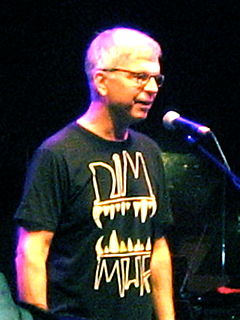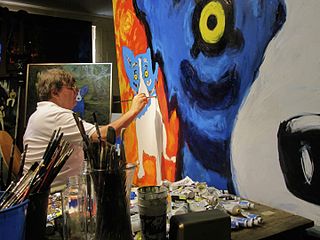A Quote by Owsley Stanley
The Japanese don't write in alphabetic writing; they write in pictographs. So they never became visual, they stayed in the oral world, which is, everything is part of reality. Which means that they can accept any new technology? - ?it's not threatening to them, and they can still continue to maintain their traditional culture, even in the face of high technology.
Related Quotes
The only weapon we have to oppose the bad effects of technology is technology itself. There is no other. We can't retreat into a nontechnological Eden which never existed...It is only by the rational use of technology to control and guide what technology is doing that we can keep any hopes of a social life more desireable than our own: or in fact of a social life which is not appalling to imagine.
Technology and the Internet have created a new set of relationships. It's changed the social fabric of promotion: advertising, dating. Part of art world judgment, part of it, is based on people's statistics; their measure of financial value: of likes, of popularity. Data and technology are invading the traditional and classic set of criteria.
Of course you have memories, and these memories are convincing. But it's really at the moment when I write them down - when I write about my relationship with that Japanese boy in Ni d'Eve, Ni d'Adam - that they reach a degree of reality which is incandescent, that I've really conquered a story, understood it and feel that it is really part of me.
We're so lucky to be living in this day and age when technology - the tools to tell our stories - is so accessible. However, content still reigns supreme. So find your voice, your unique voice, it's there inside of you. Find it, define it, write it down on paper, hone it, and clarify it. Everything else is just technology which will help you tell your story.
I don't know how to write a novel in the world of cellphones. I don't know how to write a novel in the world of Google, in which all factual information is available to all characters. So I have to stand on my head to contrive a plot in which the characters lose their cellphone and are separated from technology.
I write fiction longhand. That's not so much about rejecting technology as being unable to write fiction on a computer for some reason. I don't think I would write it on a typewriter either. I write in a very blind gut instinctive way. It just doesn't feel right. There's a physical connection. And then in nonfiction that's not the case at all. I can't even imagine writing nonfiction by hand.
As well as Japanese animation, technology has a huge influence on Japanese society, and also Japanese novels. It's because before, people tended to think that ideology or religion were the things that actually changed people, but it's been proven that that's not the case. Technology has been proven to be the thing that's actually changing people. So in that sense, it's become a theme in Japanese culture.
But it is much later in the game now, and ignorance of the score is inexcusable. To be unaware that a technology comes equipped with a program for social change, to maintain that technology is neutral, to make the assumption that technology is always a friend to culture is, at this late hour, stupidity plain and simple.
Traditional people of Indian nations have interpreted the two roads that face the light-skinned race as the road to technology and the road to spirituality. We feel that the road to technology.... has led modern society to a damaged and seared earth. Could it be that the road to technology represents a rush to destruction, and that the road to spirituality represents the slower path that the traditional native people have traveled and are now seeking again? The earth is not scorched on this trail. The grass is still growing there.



































